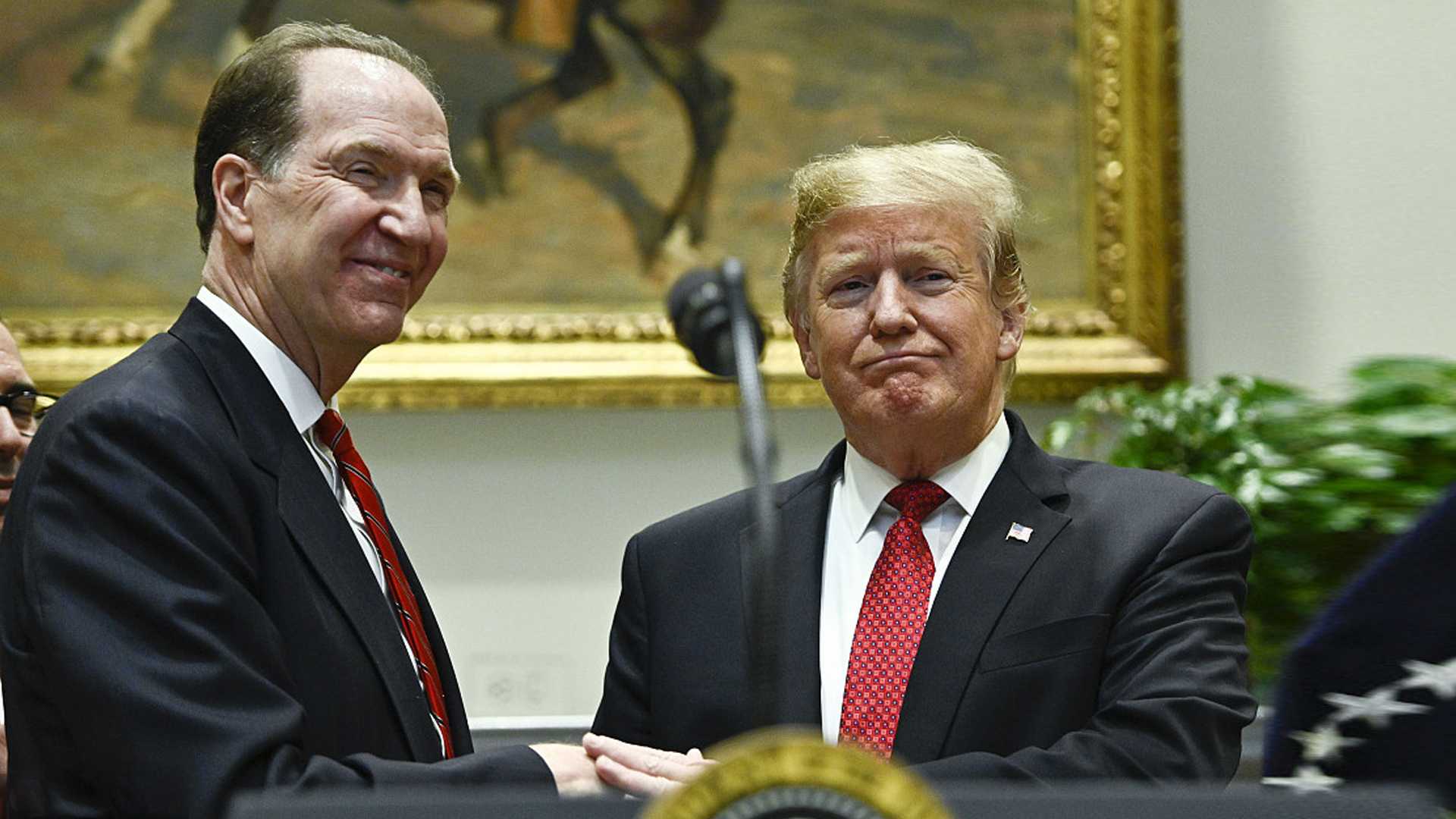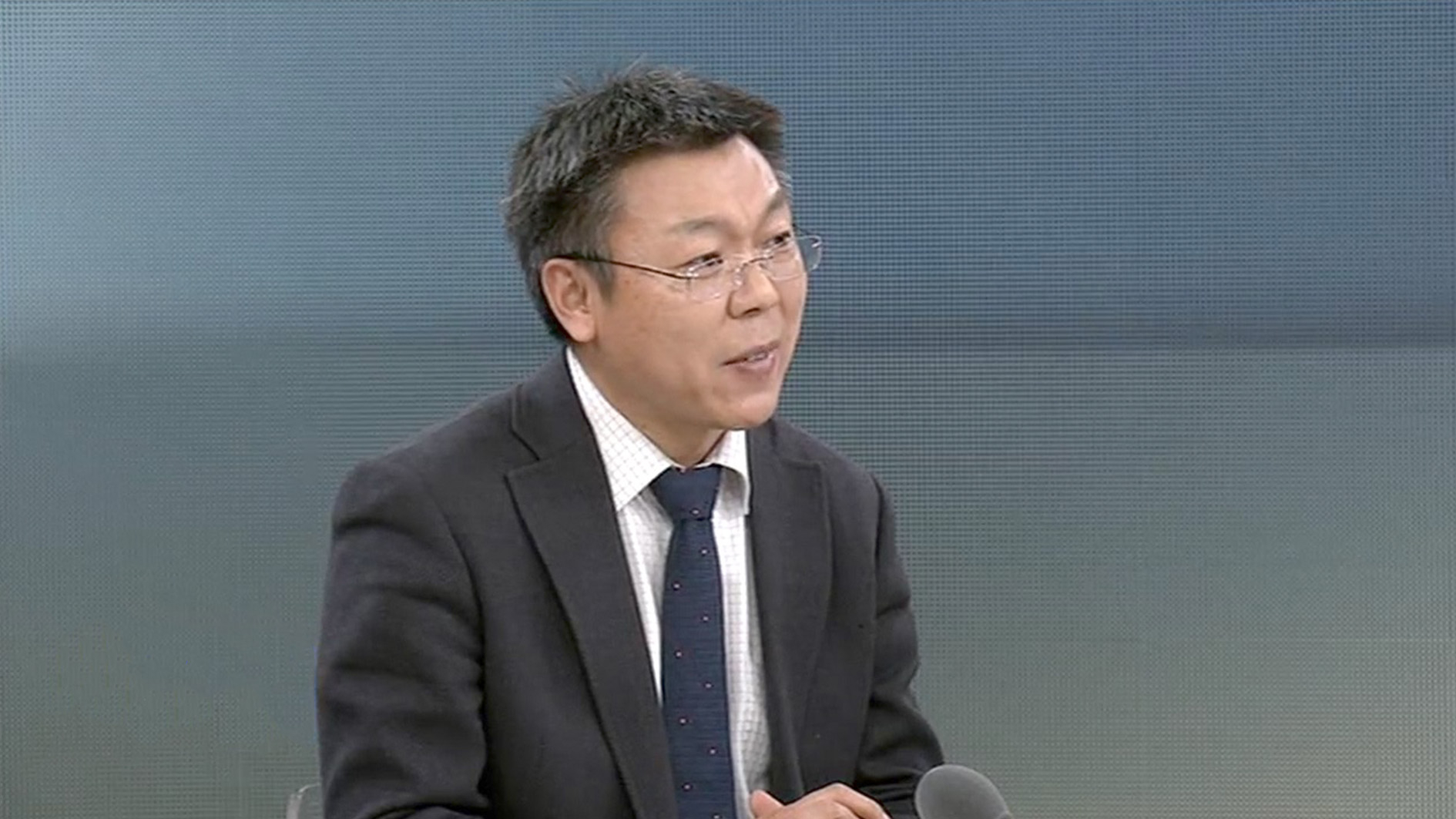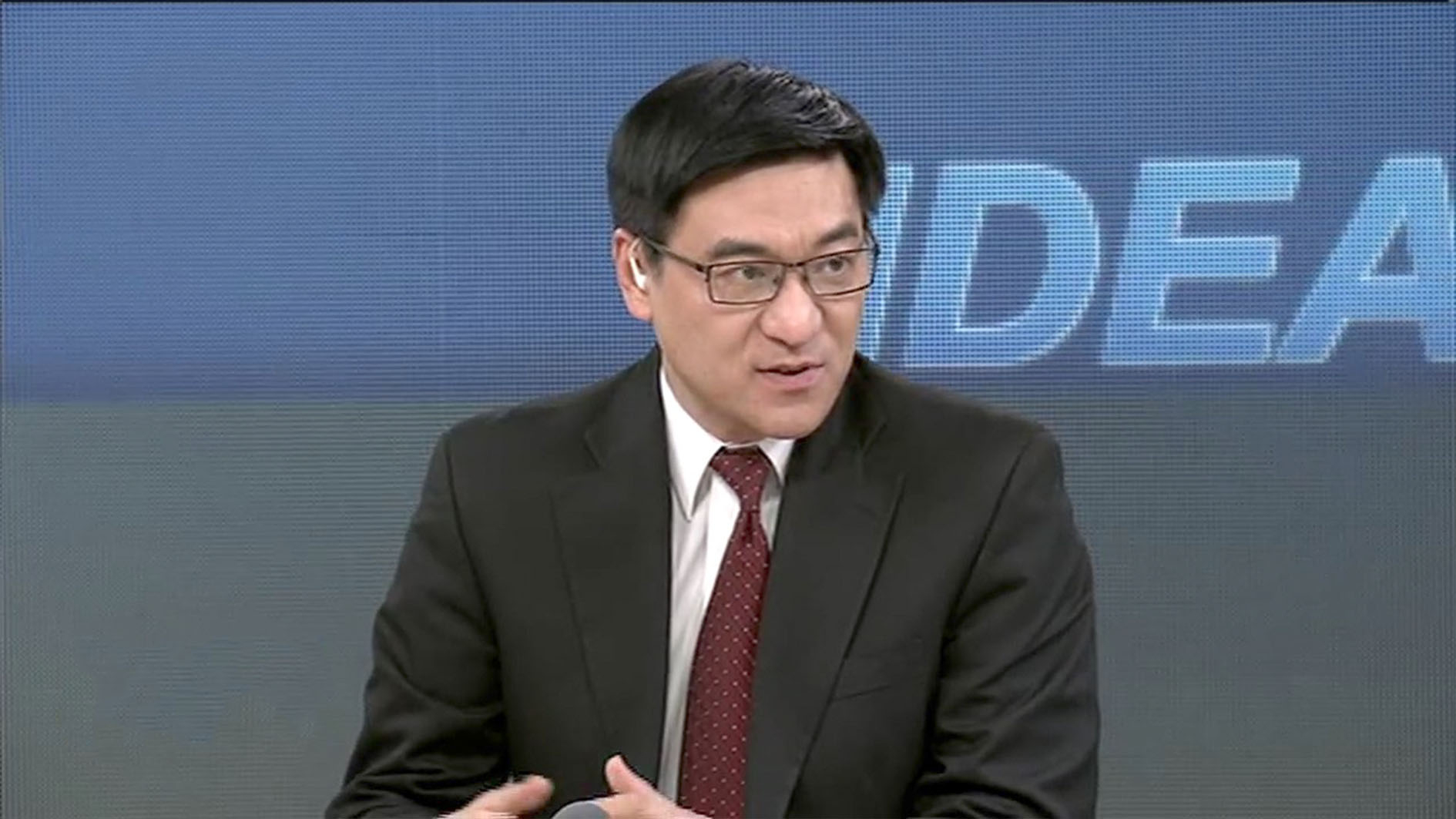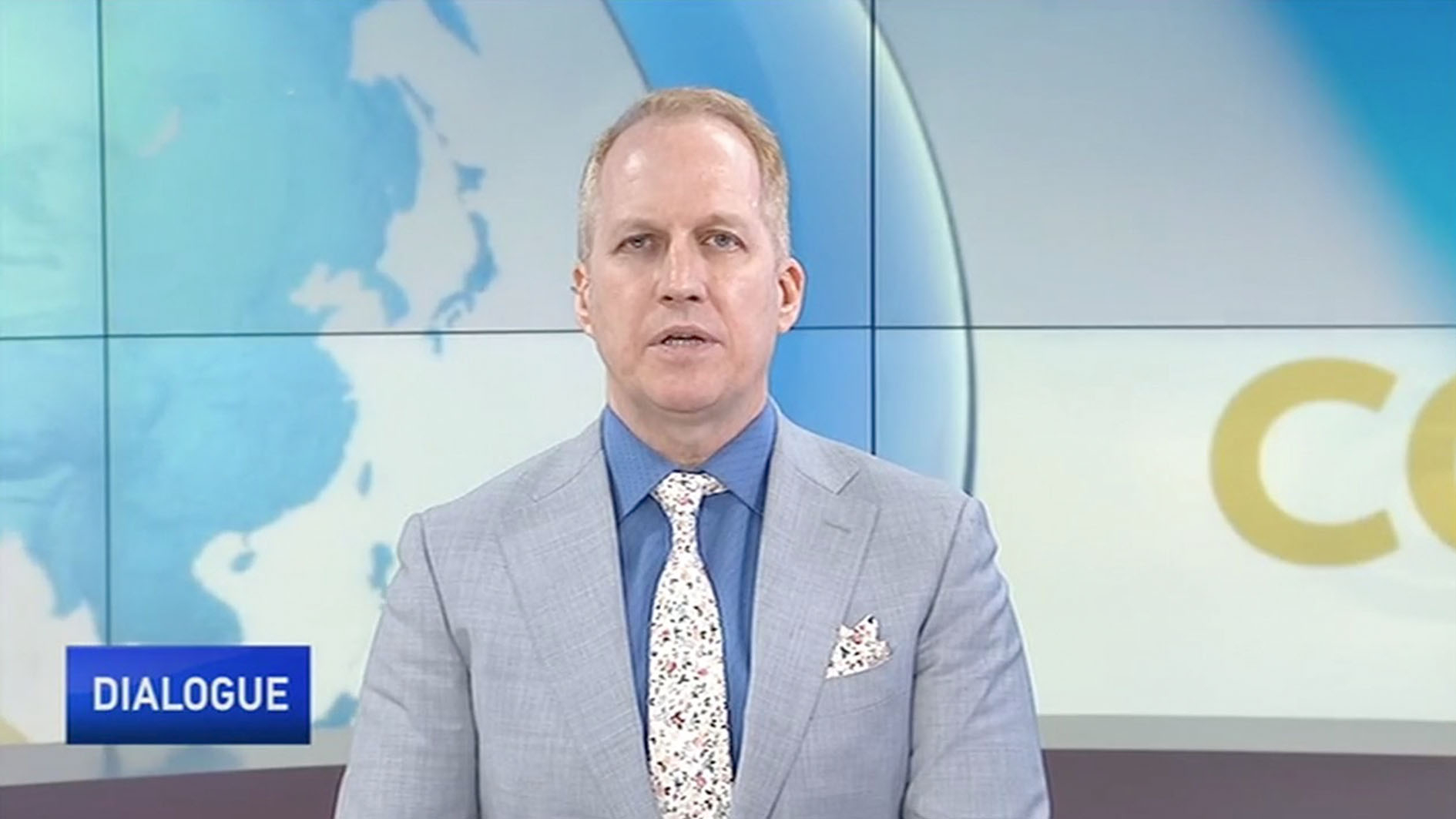
TV Show
12:42, 15-Feb-2019
Rethinking World Bank and Trump's pick for its top job
Dialogue with Yang Rui

U.S. President Donald Trump recently named David Malpass, a senior Treasury official, to be the next president of the World Bank after former chief Jim Yong Kim resigned unexpectedly last month.
The U.S. is the World Bank's largest shareholder with roughly 16 percent votes and in the past, all its picks for the World Bank top job have ended up taking over the leadership since the world body was founded in 1944.
So, what does Trump's choice mean for the World Bank?
Xu Qinduo, a senior fellow at the Pangoal Institution, questioned Malpass's track record as the chief economist of investment bank Bear Stearns, which collapsed during the 2008 financial crisis.
00:47

Rob Koepp, director of the Economist Corporate Network in Hong Kong, argued that Malpass's previous comments suggest that he would take a harder line on World Bank's reform, but he doesn't think that Malpass would be able to change overall objectives of the bank.
However, Professor John Gong, from the University of International Business and Economics, believed that Malpass could introduce some major reforms as he was very critical of the bureaucracy and loaning pattern of the bank.
Professor Gong also expressed his concerns that Malpass was "a little bit into the agenda of 'Make America Great Again'" and the World Bank is very much controlled by the United States.
00:54

Agreeing with Professor Gong's view on future reform of the World Bank, Koepp further pointed out that the bank should improve to work more efficiently and cooperatively instead of promoting unilateralism.
Meanwhile, Malpass has also been giving positive signals that he would not carry the negative rhetoric associated with the Trump administration about being anti-globalization.
00:57

(If you want to contribute and have specific expertise, please contact us opinions@cgtn.com.)

SITEMAP
Copyright © 2018 CGTN. Beijing ICP prepared NO.16065310-3
Copyright © 2018 CGTN. Beijing ICP prepared NO.16065310-3